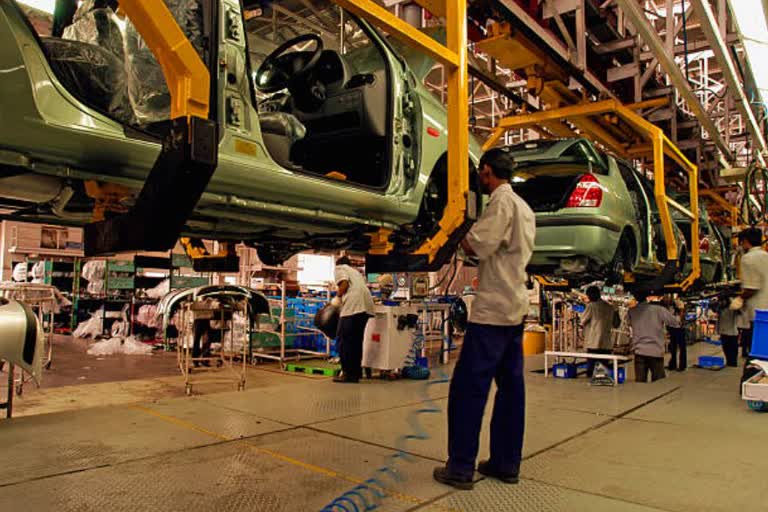New Delhi:In middle of a prolonged slowdown, the automobile industry has asked the government to take bold fiscal measures to revive the sector that has reported its worst-ever sales decline in two decades during 2019, industry sources said.
In the upcoming Union Budget, the auto industry has sought measures, such as reduction in GST rates on vehicles and abolition of duty on import of lithium-ion battery cells, to encourage electric mobility.
The industry, which has been facing a downturn for almost a year now, has also sought an incentive-based scrappage policy and an increase in re-registration charges of vehicles to discourage use of old vehicles.
Sources said that the introduction of BS-VI emission norms is a positive step to reduce emissions significantly but the initiative would lead to an 8-10 per cent increase in vehicle cost, leading to enhanced GST collections for government.
"However, this extra cost would lead to a fall in demand. As a win-win situation, we are requesting the government to consider reducing GST on BS-VI vehicles to 18 per cent from the current 28 per cent from April onwards," an industry source said.
The decision-making power for GST reduction lies with the GST Council and not related to the Budget directly but this is an important element for demand revival, he added.
The auto industry is also scrapping duty on import of lithium-ion battery cells so that battery packs can be manufactured locally and progressively cell manufacturing can also be established in the country.
It would also help in reducing cost of electric vehicles and aid in accelerating adoption of green mobility in the country, another source said.
Read more:I wouldn't be supporting fiscal tightening right now: Abhijit Banerjee
He added that a formal incentive-based scrappage policy with monetary support from the government as well as manufacturers is required to take old vehicles off the roads and generate demand for new vehicles.
